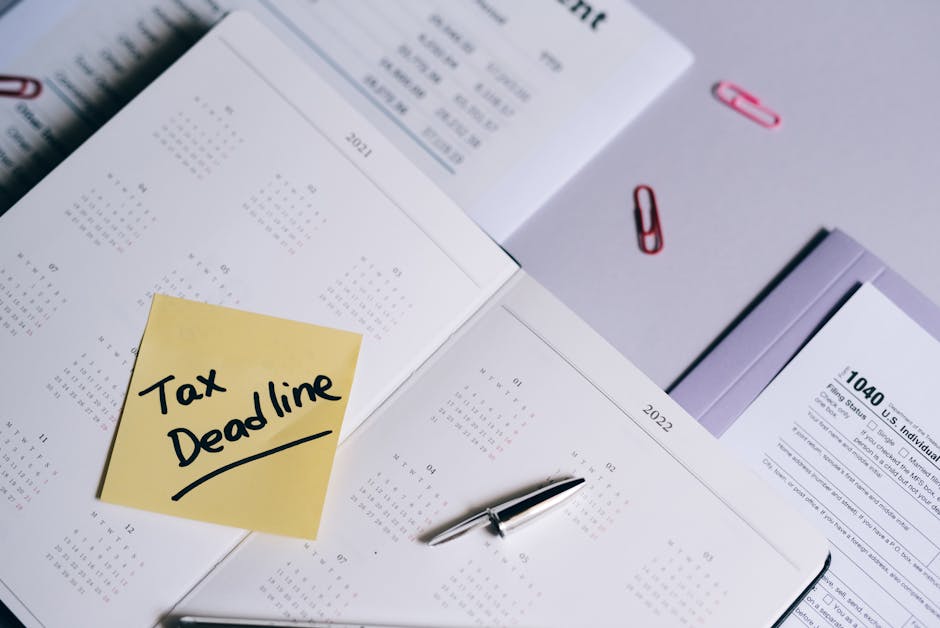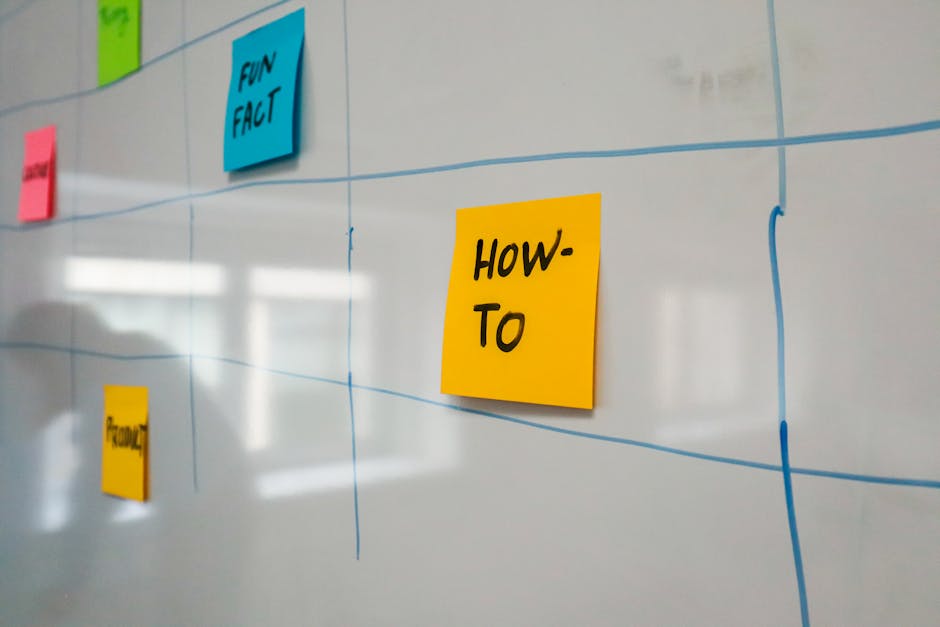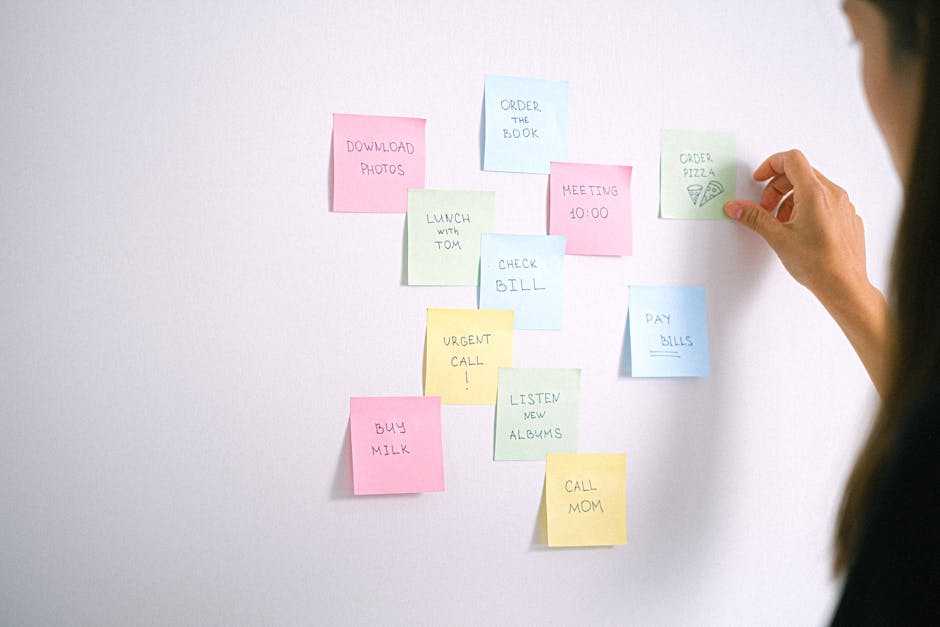Discover the power of scheduling Facebook posts for event planning. This guide covers the benefits, best practices, and tools to help you efficiently promote your events and engage your audience.
Quick Answer Summary
This comprehensive guide covers essential aspects of schedule facebook posts: event planner's guide, including practical steps, best practices, and expert insights.
Introduction: Why Event Planners Need to Schedule Facebook Posts
Event planning is notoriously demanding, requiring meticulous attention to countless details. From venue selection and vendor coordination to marketing and attendee management, event planners are constantly juggling multiple tasks and deadlines. In this fast-paced environment, effective time management is paramount, and that's where scheduling Facebook posts comes in as a game-changer.
Facebook remains a powerful platform for event promotion. Its vast user base allows event planners to reach a broad audience, target specific demographics, and build excitement around upcoming events. A well-crafted Facebook strategy can significantly boost attendance, generate leads, and enhance brand visibility. However, consistently posting engaging content while managing the other demands of event planning can be challenging.
Scheduling Facebook posts addresses this challenge head-on. By planning and scheduling content in advance, event planners can maintain a consistent online presence without being constantly tied to their devices. This allows them to focus on other critical aspects of event management, such as client communication, logistical arrangements, and on-site execution. Many event planners find that scheduling their social media content is a worthwhile investment of time. Using social media management platforms can streamline the process of creating and scheduling posts, ensuring a cohesive and engaging online presence for their events. Some platforms, like PostLayer, offer additional features such as AI caption generation and hashtag suggestions, which can further simplify the content creation process.
Benefits of Scheduling:
- Saves time by batching content creation.
- Ensures consistent posting, even during busy periods.
- Allows for strategic planning of content around key event milestones.
- Frees up time to focus on other essential event planning tasks.
💡 Pro Tip: Schedule posts during peak engagement times for your target audience to maximize reach and impact.
In short, scheduling Facebook posts is an essential strategy for event planners looking to streamline their workflow, maximize their marketing efforts, and ultimately create successful and well-attended events.
Benefits of Scheduling Facebook Posts for Events
For event planners, Facebook is a crucial platform for promotion and engagement. Scheduling your Facebook posts offers significant advantages, helping you manage your time effectively and maximize your reach. Instead of scrambling to post updates manually, you can strategically plan and automate your content distribution, leading to a more organized and impactful social media presence.
Key Benefits of Scheduling:
- Save Time and Increase Efficiency: Batch your content creation and schedule posts in advance, freeing up valuable time to focus on other aspects of event planning.
- Maintain a Consistent Posting Schedule: Consistency is key to keeping your audience engaged. Scheduled posts ensure a regular flow of content, even when you're busy with event logistics.
- Reach a Wider Audience at Optimal Times: Schedule posts to go live when your target audience is most active on Facebook, maximizing visibility and engagement.
- Plan Campaigns in Advance: Map out your entire event promotion strategy and schedule all related posts ahead of time, ensuring a cohesive and well-timed campaign.
- Improve Audience Engagement: By posting consistently and at optimal times, you can increase the likelihood of likes, comments, and shares, ultimately boosting your event's visibility.
💡 Pro Tip: Use a social media management tool like PostLayer to schedule your Facebook posts and analyze their performance. These platforms often provide insights into optimal posting times and audience demographics, allowing you to refine your strategy for better results. With PostLayer, you can efficiently manage your content calendar and gain valuable insights into how your posts are performing, all from one place.
In conclusion, scheduling Facebook posts is a strategic move for event planners looking to streamline their social media efforts, improve audience engagement, and ultimately drive event attendance. By taking advantage of scheduling tools and planning ahead, you can create a more impactful and efficient social media presence.
How to Schedule Facebook Posts: Step-by-Step Guide
For event planners, consistently engaging with your audience on Facebook is crucial for promoting events, sharing updates, and building a community. Scheduling your Facebook posts allows you to maintain a consistent presence, even when you're busy managing the many details of event planning. This proactive approach ensures your content is published at optimal times, maximizing visibility and engagement.
Key Considerations:
- Consistency: Regular posting keeps your audience informed and engaged.
- Time Savings: Schedule posts in advance to free up time for other event-related tasks.
- Optimal Timing: Reach your audience when they're most active on Facebook.
Using Facebook's Built-in Scheduling Tool
Facebook offers a built-in scheduling tool directly within the platform. To use it, simply create your post as usual, but instead of clicking "Publish," look for the scheduling option (often represented by a clock icon). You can then select the date and time you want your post to go live. This is a simple and free option for basic scheduling needs.
Leveraging Third-Party Social Media Management Tools
For more advanced scheduling features and cross-platform management, consider using third-party social media management tools. Many platforms are available, offering features like bulk scheduling, content calendars, and analytics. Some popular options include Hootsuite, Buffer, and Sprout Social. These tools often provide a more comprehensive solution for managing your entire social media presence. Platforms like PostLayer also offer a user-friendly interface, affordable pricing, and features specifically tailored for content creators and small businesses, including AI caption generation and hashtag suggestions.
Step 1: Plan Your Content Calendar
Before you start scheduling, create a content calendar outlining the themes, topics, and types of posts you'll share over a specific period. This helps ensure a balanced mix of promotional content, engaging questions, behind-the-scenes glimpses, and valuable information for your audience. Consider mapping out key dates related to your events and planning your content accordingly.
Step 2: Create Engaging Content
High-quality, engaging content is essential for capturing your audience's attention. Use compelling visuals (photos and videos), write clear and concise captions, and include a call to action to encourage interaction. Tailor your content to your target audience and consider using different formats, such as live videos, stories, and polls, to keep things interesting.
Step 3: Schedule Your Posts at Optimal Times
Research when your target audience is most active on Facebook. You can find this information in your Facebook Page Insights or by using social media analytics tools. Typically, posts scheduled during peak hours receive higher engagement. Experiment with different posting times to see what works best for your audience.
Step 4: Review and Adjust Your Schedule
Once your posts are scheduled, regularly review your content calendar and adjust your schedule as needed. Keep an eye on your post performance and make changes based on what's working and what's not. Stay flexible and be prepared to adapt your strategy to changing trends and audience preferences.
💡 Pro Tip: Use a spreadsheet or project management tool to visually organize your content calendar and track scheduled posts. This will help you stay organized and ensure you're consistently delivering valuable content to your audience.
By following these steps, event planners can effectively schedule Facebook posts, maintain a consistent online presence, and maximize engagement with their target audience, ultimately driving attendance and success for their events.
Best Practices for Scheduling Event-Related Facebook Content
Effectively scheduling Facebook posts is crucial for event planners aiming to maximize reach and engagement. A well-planned content calendar ensures consistent communication, builds anticipation, and drives attendance. Consider these best practices to optimize your event-related Facebook content strategy.
Key Considerations:
- Understanding Your Target Audience: Tailor your content to resonate with the specific demographics and interests of your potential attendees. Use Facebook's audience insights to gather data and refine your messaging.
- Crafting Compelling Visuals: High-quality images and videos are essential for capturing attention. Use professional-looking graphics that showcase the event's atmosphere and highlights.
- Writing Engaging Captions: Keep captions concise and informative, highlighting key details such as date, time, location, and featured performers or activities. Use a call to action to encourage registration or ticket purchases.
- Using Relevant Hashtags: Research and incorporate relevant hashtags to increase the visibility of your posts. Use a mix of broad and specific hashtags related to your event and industry.
- Promoting Ticket Sales and Registration: Create dedicated posts that directly promote ticket sales or registration. Include direct links to ticketing platforms or registration forms for easy access.
- Creating a Sense of Urgency: Use deadlines and limited-time offers to encourage prompt action. Highlight early bird discounts or limited availability to motivate potential attendees to register or purchase tickets quickly.
- Interacting with Your Audience: Respond promptly to comments and messages, and actively engage with your audience. Run contests or polls to encourage participation and build excitement around your event.
💡 Pro Tip: Schedule posts during peak engagement times for your target audience. Experiment with different posting times to identify what works best for your event.
By implementing these best practices, event planners can leverage the power of Facebook scheduling to create a successful and engaging social media campaign that drives attendance and achieves event goals. Social media management platforms, like PostLayer, can assist in this effort by allowing users to schedule posts across multiple platforms, manage content, and track analytics, saving time and improving overall efficiency.
Tools for Scheduling Facebook Posts: A Comparison
Effectively managing your social media presence is crucial for event planners, and scheduling Facebook posts is a key part of that. Several tools are available to streamline this process, each offering various features and benefits. Selecting the right one depends on your specific needs and budget.
Facebook's Native Scheduling Tool
Facebook offers a built-in scheduling tool directly within the platform. This is a free and convenient option, especially for those just starting out. You can schedule posts directly from your Facebook Page, allowing you to plan content in advance. However, its features are relatively basic compared to dedicated social media management platforms.
Third-Party Tools
For more advanced scheduling and management capabilities, many event planners turn to third-party tools. Some popular options include Hootsuite, Buffer, and Sprout Social. These platforms offer a range of features such as multi-platform scheduling, analytics, and team collaboration tools. These tools often come with subscription fees, typically tiered based on the number of social accounts and features required.
Features to Consider When Choosing a Tool
When selecting a scheduling tool, consider the following features:
- Multi-Platform Scheduling: Can you schedule posts to other social networks besides Facebook?
- Analytics and Reporting: Does the tool provide insights into post performance?
- Team Collaboration: Can multiple team members access and manage the account?
- Ease of Use: Is the platform intuitive and easy to navigate?
- Pricing: Does the cost fit within your budget?
PostLayer: A Modern Solution for Event Planners
Platforms like PostLayer offer a modern approach to social media scheduling, content management, and analytics. Built with creators and small businesses in mind, PostLayer allows you to schedule content across multiple platforms, including Facebook. It also provides features like a visual content calendar, AI caption generation, and hashtag suggestions to help streamline your social media efforts. This can be particularly valuable for event planners who need to manage a consistent and engaging online presence.
💡 Pro Tip: Batch your social media tasks! Dedicate specific blocks of time to create and schedule your posts for the week or month. This improves efficiency and ensures consistent content delivery.
By carefully evaluating your needs and the features offered by different scheduling tools, you can find the perfect solution to manage your Facebook presence and maximize your event's reach.
Measuring Your Success: Facebook Analytics for Events
Once your Facebook event campaign is underway, measuring its success is crucial for future planning. Facebook provides robust analytics tools within its platform, allowing you to track key metrics and understand how your audience is interacting with your content. Regularly analyzing these insights empowers you to optimize your strategy for better results.
Key Metrics to Track:
- Reach: The number of unique users who saw your posts. Monitor organic reach (unpaid) versus paid reach to understand the effectiveness of your advertising.
- Engagement: Track likes, comments, shares, and saves on your posts. High engagement suggests your content is resonating with your audience.
- Event Page Views: How many people are visiting your event page to learn more? This indicates interest in your event.
- RSVPs/Ticket Sales: The ultimate measure of success! Track how many people are planning to attend or have purchased tickets.
- Website Clicks: If you're directing people to an external website for ticketing or more information, monitor click-through rates.
Understanding reach involves analyzing who is seeing your content. Demographics like age, gender, location, and interests can provide valuable insights into your target audience. Engagement metrics reveal how users are interacting with your posts. A high comment rate might indicate thought-provoking content, while shares suggest users find your content valuable enough to pass along. Conversions, in the context of event planning, primarily refer to RSVPs or ticket sales. Tracking these conversions directly correlates your Facebook activity with event attendance.
💡 Pro Tip: Pay attention to the days and times when your posts receive the most engagement. Use this information to schedule future posts for optimal visibility. Many social media scheduling tools, like PostLayer, can help you identify these peak times and automate your posting schedule.
Facebook Insights provides a wealth of data to help you optimize your event strategy. By regularly monitoring these metrics, you can identify what's working and what's not. This data-driven approach ensures that your Facebook efforts are contributing to the success of your event.
Conclusion: Streamline Your Event Promotion with Scheduled Facebook Posts
Effectively scheduling Facebook posts is a game-changer for event planners. By planning and automating your social media presence, you free up valuable time to focus on other crucial aspects of event management, from vendor coordination to attendee engagement. Scheduling allows for consistent messaging, ensuring your target audience receives timely updates and reminders, ultimately boosting attendance and creating buzz around your event.
Key Benefits Recap:
- Time Savings: Automate your social media posting, freeing up time for other event planning tasks.
- Consistent Messaging: Maintain a regular stream of content, keeping your event top-of-mind for potential attendees.
- Targeted Reach: Schedule posts to go live when your audience is most active, maximizing engagement.
💡 Pro Tip: Experiment with different posting times and content formats to see what resonates best with your audience. Use Facebook Insights to analyze performance and refine your scheduling strategy.
Final Tips for Event Planners: Always double-check your scheduled posts for accuracy before they go live. Proofread your captions, verify links, and ensure any visuals are high-quality and engaging. Consider creating a content calendar to visualize your posting schedule and maintain a cohesive theme leading up to the event. Interact with comments and messages promptly to build a strong online community.
The Future of Social Media Scheduling for Events: Social media scheduling is constantly evolving. Many platforms are leveraging AI to suggest optimal posting times and generate engaging captions. Event planners can often benefit from using social media management platforms like PostLayer, built for efficient scheduling, content management, and analytics. These tools can streamline workflows and provide valuable insights into campaign performance, helping you make data-driven decisions to maximize your event's success.
Conclusion
Understanding and implementing the strategies outlined in this guide will help you make the most of schedule facebook posts: event planner's guide. The key is to start with the fundamentals and gradually build upon your knowledge and skills.
🔑 Key Takeaways
- •Why Event Planners Need to Schedule Facebook Posts
- •Benefits of Scheduling Facebook Posts for Events
- •Schedule Facebook Posts: Step-by-Step Guide
- •Best Practices for Scheduling Event-Related Facebook Content
Quick Answer: Discover the power of scheduling Facebook posts for event planning.
Streamline Your Event Planning with Effortless Facebook Scheduling!
Juggling event details is tough enough. Stop wasting precious time manually posting on Facebook. PostLayer's multi-platform scheduling, AI caption generator, and content calendar are designed to save event planners like you time and boost engagement. See how PostLayer can simplify your social media and make your events shine.
Start Your 7-Day Free Trial


